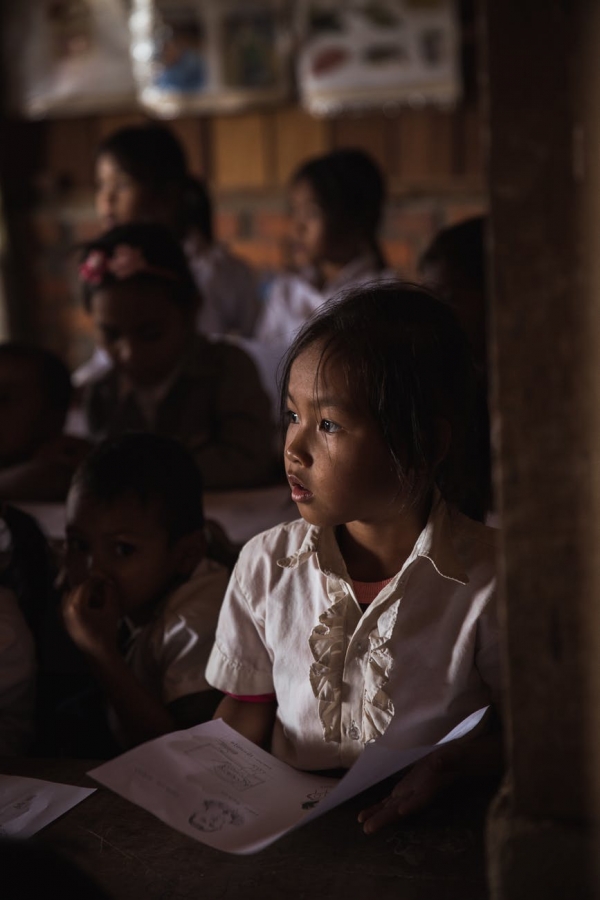Save the Children International has been adopting activities based on children’s interests since 1986 in Mozambique, providing them food, shelter, health care and school activities. Since May 2019, SCI has started focusing on the experiences of minors living in Cabo Delgado, a war-torn province in the north of the country. Between March 22nd and 26th, 2021, SCI continued their aims by conducting an exercise intended to gather children’s perspectives on their current situation.This gave them a voice to express their feelings, fears and desires for the future. During this project, 184 children were interviewed, of whom 95 were boys and 89 were girls. Out of those 184 children, 131 were internally displaced people (IDP) minors, while 53 were host community (HC) children. It is paramount to remember that all the interviews were carried out in conformity with the Save the ChildrenI’s Child Safeguarding (CSG) protocols, according to which both children and parents gave their informed consent on participating in the project. Furthermore, the decisions about which questions to ask and how to conduct the interviews were grounded on the recognition that the children involved in the exercise had been exposed to severe traumas; consequently, all the topics were treated with enormous sensitivity and expertise.
As far as the findings of the research are concerned, it is evident that the children, despite recognizing and appreciating the support they have been provided with, believe that their agency is not full-fledged. Research showed that the children were concerned that humanitarian stakeholders working in the transit/relocation centers perceive minors as mere recipients of goods and services, rather than active participants. This problem is often exacerbated by the behaviour of their parents who, instead of explaining to kids the nature of the situation, ignore them or even shout and beat them when they ask questions about their condition. Additionally, in order to feel less helpless, children showed the desire to do chores or even work in the attempt to contribute to their families’ income.
Moreover, children expressed further concerns about the efficacy of the support delivered to them so far. Their health conditions are enormously precarious, as they have to sleep on the floor in rooms which are not equipped with mosquito nets and drink potentially contaminated water right from the source (despite the danger of contracting cholera). Additionally, the interviewees highlighted that the food portions they receive are often insufficient, increasing the risks of famine and malnutrition.
Furthermore, although the children who were interviewed have the chance to continue their studies, the lack of school materials and uniforms hinders their learning process. On top of that, since these children are not formally enrolled in the academic institutions they attend, they have a huge feeling of disappointment and exclusion from the rest of the class.
In light of the concerns expressed by the children, Save the Children urges the humanitarian actors and stakeholders to pay more attention to children’s voices, in order to make them feel as something more than just victims. This factor is essential, as the direct engagement in the humanitarian assistance programs can help children to boost their own agency, bringing about exponential improvements in their growth and development.
Sources:
https://reliefweb.int/sites/reliefweb.int/files/resources/Hearing%20the%20voices%20Final_en_LWR.pdf
Author: Gianpaolo Mascaro; Editor: Emily Herstine




